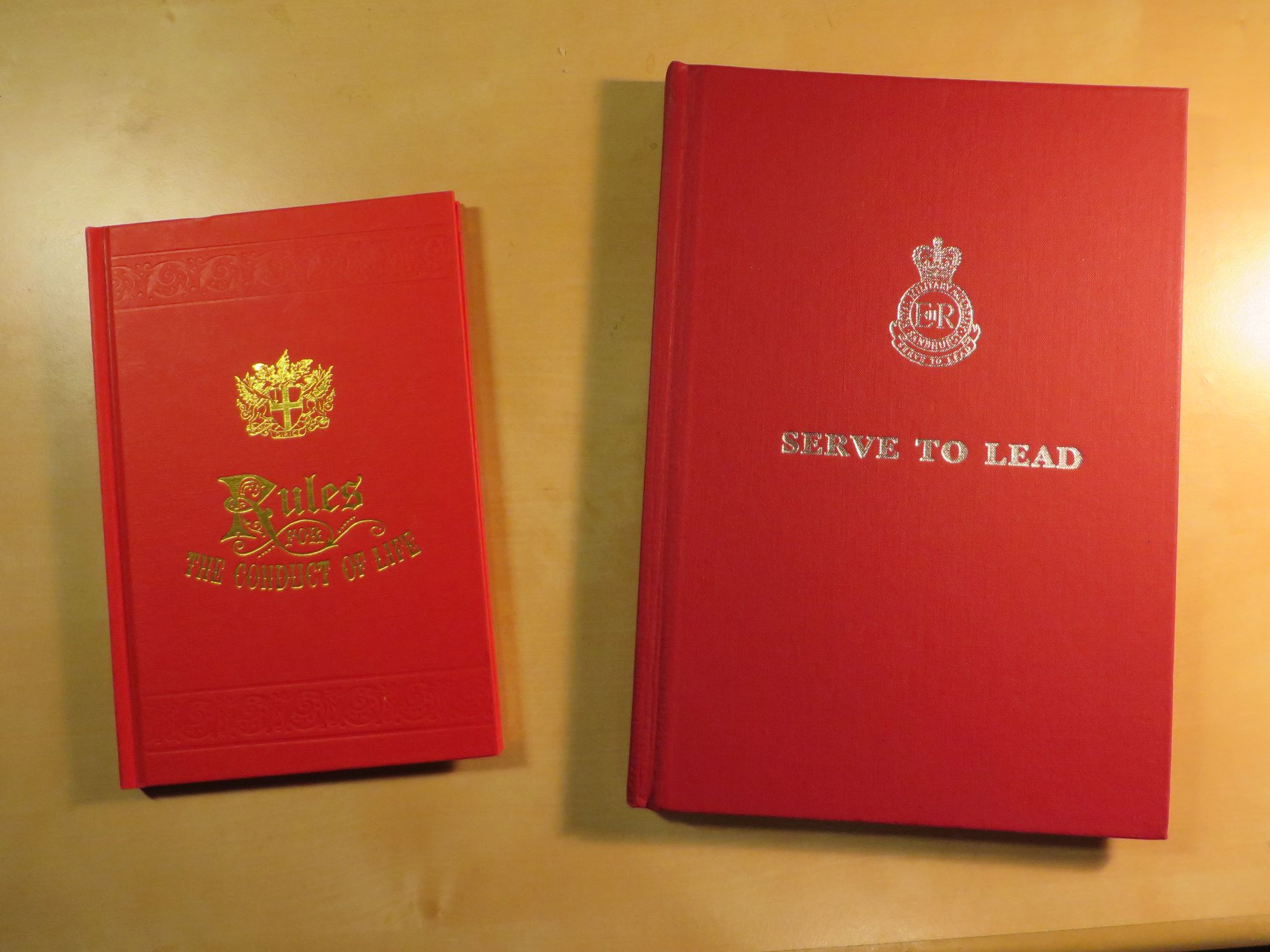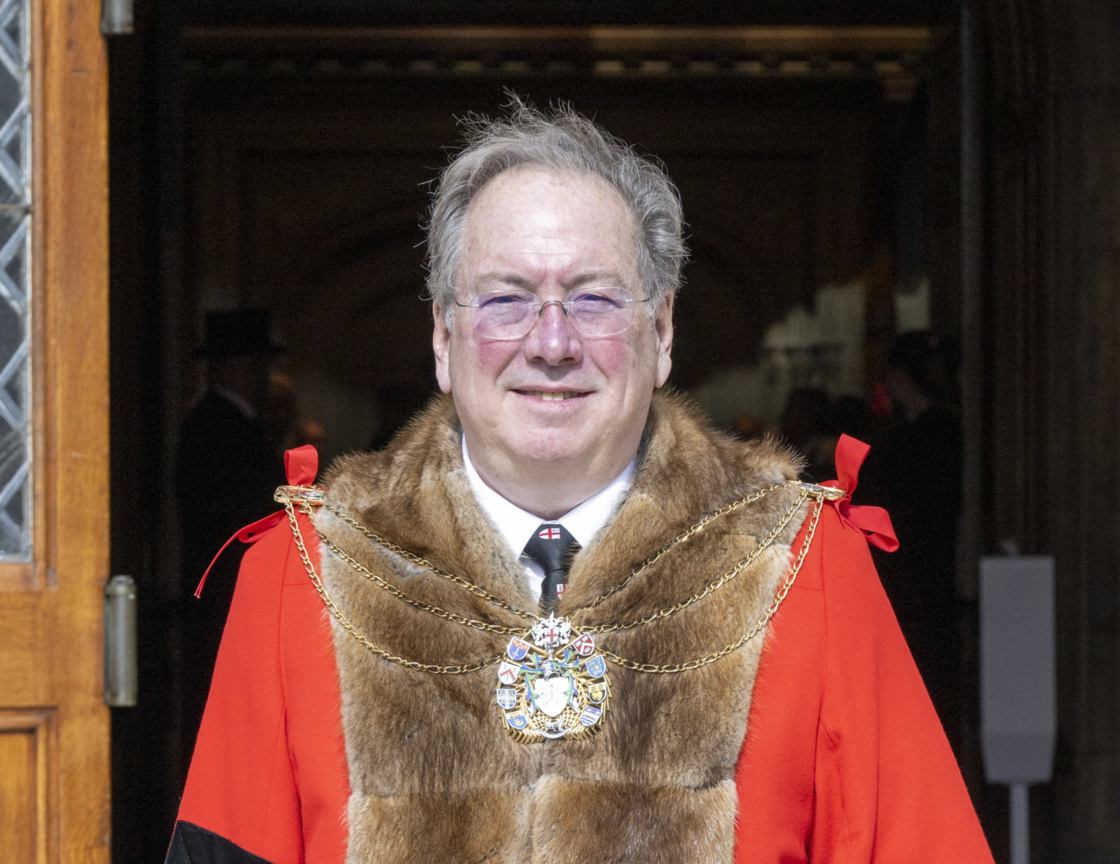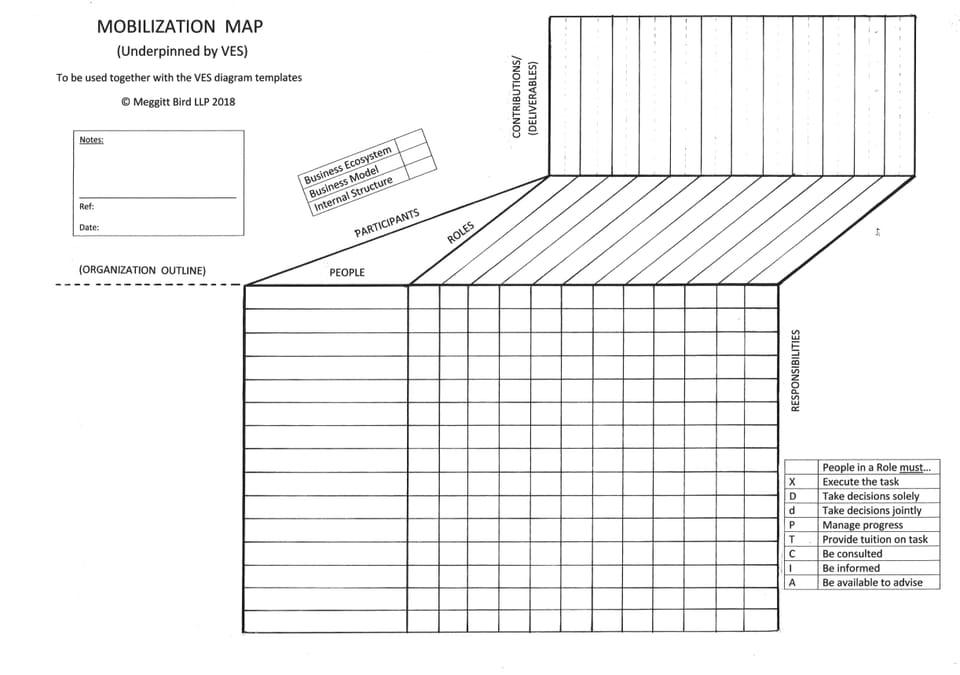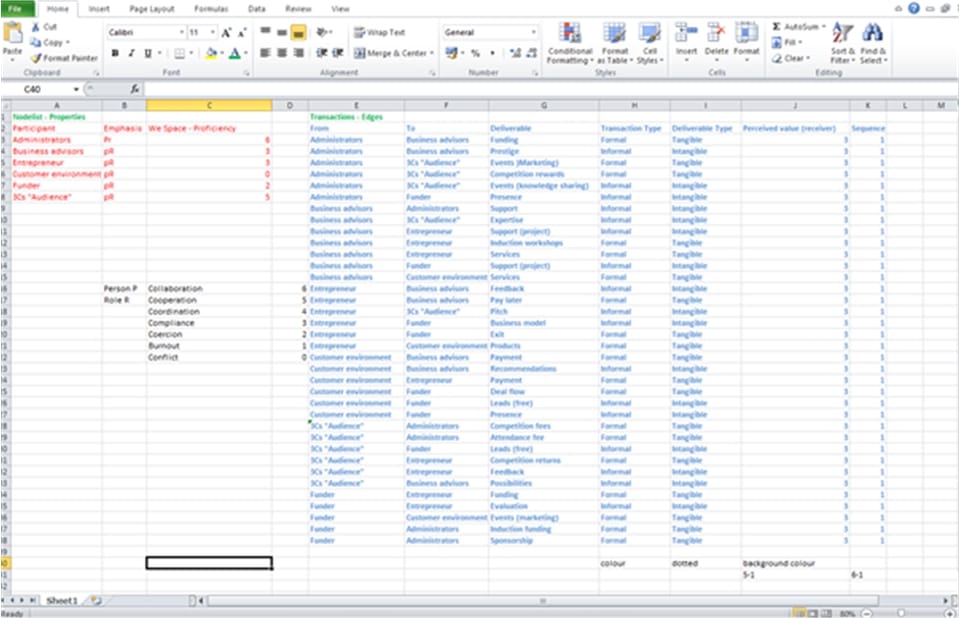A significant UK week-end (H2)
It is appropriate to pause and reflect on the way we all behave and interact with each other in organizations.

11th and 12th November 2023 saw the Lord Mayor's Show in the City of London on Saturday, and Remembrance Day on Sunday. It is appropriate to pause and reflect on the way we all behave and interact with each other in organizations. The two publications below provide wisdom to that end: one to persons admitted to the Freedom of the City of London, the other to new graduates from the Royal Military Academy, Sandhurst as new officers.


The booklet "Rules for the Conduct of Life" is surprising. Containing XXXVl (36) Rules, half contain Biblical references, from both Old and New Testaments. It kicks off with a message from the Prophet Haggai (520BC) - "Give careful thought" to your ways! In essence, act out good intentions.

The second booklet is packed with wisdom compiled from authors ranging from Churchill, Harding, Slim and Wavell, to Montgomery.
Regardless of the plethora of books published on leadership and management during the intervening years, it is, perhaps, worth reflecting on a contribution in "Serve to Lead" by Field Marshall The Viscount Montgomery of Alamein.
"I remember sitting in my office and tabulating these foundations of morale something like this:
Spiritual
a) There must be a great and noble object.
b) Its achievement must be vital.
c) The method of achievement must be active, aggressive.
d) The man must feel that what he is and what he does matters directly towards the attainment of the object.
Intellectual
a) He must be convinced that the object can be attained; that it is not out of reach.
b) He must see, too, that the organisation to which he belongs and which is striving to attain the object is an efficient one.
c) He must have confidence in his leaders and know that whatever dangers and hardships he is called to suffer, his life will not be lightly flung away.
Material
a) The man must feel that he will get a fair deal from his commanders and from the army generally.
b) He must, as far as humanly possible, be given the best weapons and equipment for his task.
c) His living and working conditions must be as good as they can be."
Clearly, such foundations have been adapted for civilian life over the intervening 80 years, despite their direct relevance in modern zones of conflict. Very usefully, Michael Mainelli and Ian Harris in their book [1] knit together key influencing strands that address the complex world in which we live in peacetime.
Application to the Value Exchange System (VES)
To date, techniques for representing business models, business processes, value streams et al have been weak in incorporating the way in which people interact with each other. Yet, we can clearly envisage that the outcomes from two separate organizations, configured in exactly the same way and operating in identical environments, will be different (an interesting research project!) A key difference will be the way in which the People in their respective Roles behave toward each other. What values do they hold; what leadership and management capabilities do they display, what agency do they enjoy?
Following many years research by colleague Professor Charles Ehin, a new formulation of human interaction has evolved which forms an invaluable complement to VES in helping with the analysis and evaluation of such interactions and their impact on, for example, organizational agility. I also make a playful attempt to apply methods developed in Nuclear Physics to illustrate the good and bad organizational consequences of differing interaction choices.
We will introduce this application after having explained HOW to discover and develop Value Exchange Systems.
[1] M. Mainelli and I. Harris, The Price of Fish - A new approach to wicked economics and better decisions, London: Nicholas Brealey Publishing, 2011.



